The sudden death of Iranian President Ibrahim Raisi and Foreign Minister Amir Abdollahian is being viewed as a dramatic development in the ongoing conflict across several parts of the Middle East. However, analysts suggest that their deaths are unlikely to have a significant impact on the ongoing battles because the ultimate authority on Iran's foreign policy and wartime decisions resides with the supreme leader, Ayatollah Ali Khamenei.
Iran's president primarily functions as a policy implementer rather than a decision-maker. Consequently, the core principles guiding Iran's foreign and domestic policies are expected to remain unchanged following Raisi's death, as he operated under the directives of the supreme leader. Raisi was elected in what many considered one of Iran's least democratic elections, underscoring his role as an executor of Khamenei's policies rather than an independent authority.
Despite the continuity in policy, Raisi's sudden death has created a power vacuum at the center of Iran's government. This vacuum may prompt influential officials within the government to vie for higher positions in the power hierarchy. Among these potential contenders is Khamenei's own son, indicating internal ambitions and possible power struggles.
Khamenei now faces the challenge of managing this transition of power, which will test his leadership abilities. Raisi, who was seen as a potential successor to Khamenei, was a seasoned politician with extensive experience, having served as a former Chief Justice and head of a major organization. His staunch support for Iran's radical policies made him a significant figure in the political landscape.
The death of Foreign Minister Amir Abdollahian is also noteworthy. Abdollahian played a pivotal role in the successful restoration of diplomatic relations with Saudi Arabia and managed various crises, including those involving neighboring Pakistan. His death, alongside Raisi's, might not alter Iran's overarching foreign policy but could shift the focus inward temporarily, diverting attention from Iran's confrontations with Israel and other external engagements.
U.S. analysts believe that Raisi's removal, whether due to incapacity or death, represents a considerable blow to Iran's political system. Nevertheless, while Iran's initiatives against the West are expected to persist, the immediate internal preoccupation with managing this leadership transition might momentarily influence its external engagements.
In summary, while the deaths of Raisi and Abdollahian introduce a degree of uncertainty and potential power struggles within Iran, the fundamental direction of Iran's policies, dictated by the supreme leader, is likely to remain steadfast. The situation underscores the resilient nature of Iran's political structure, even amidst significant leadership changes.



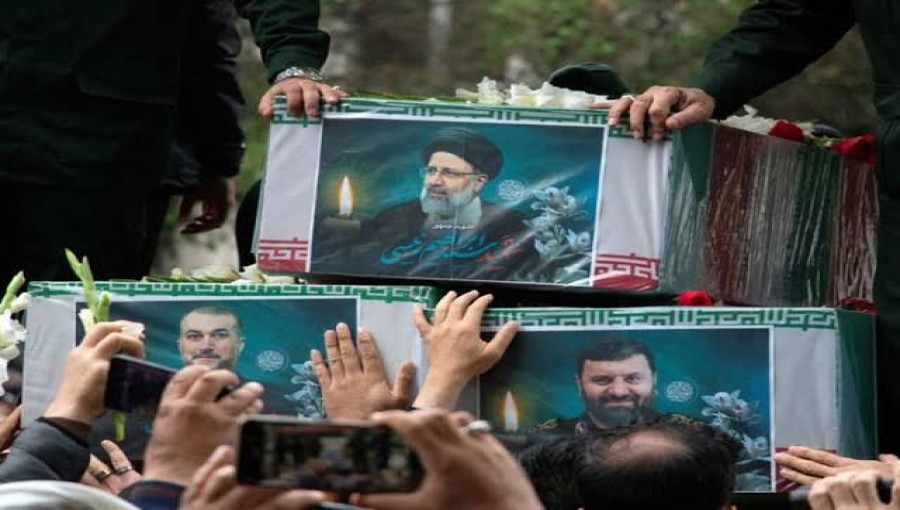






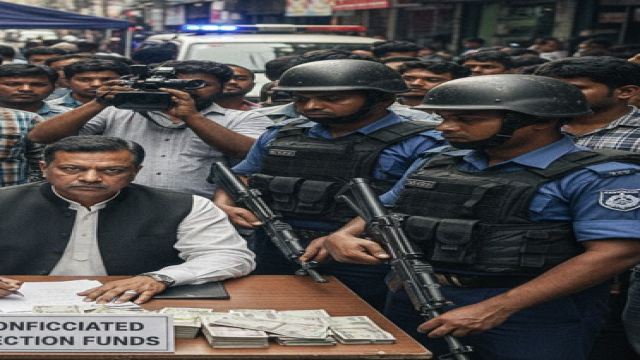
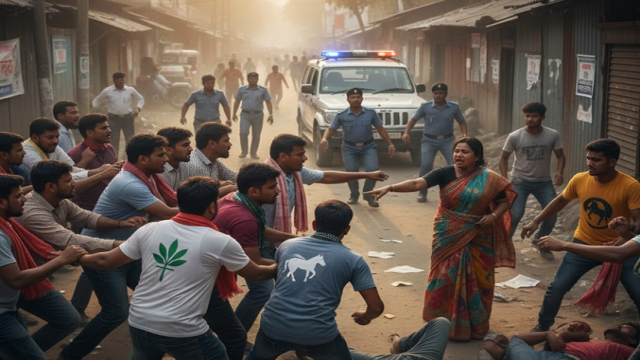
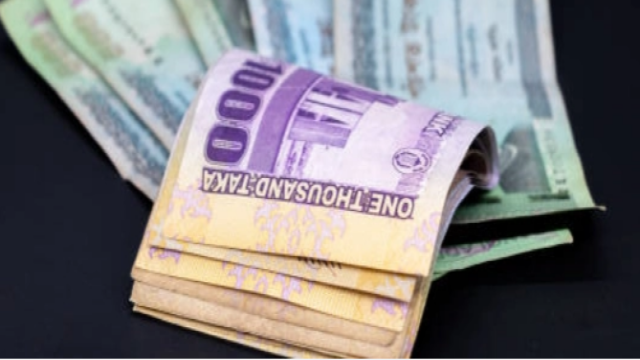
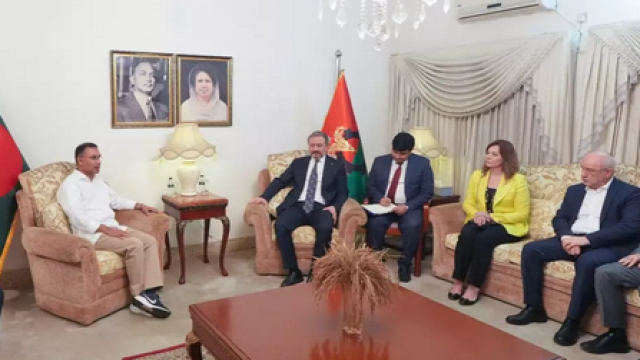
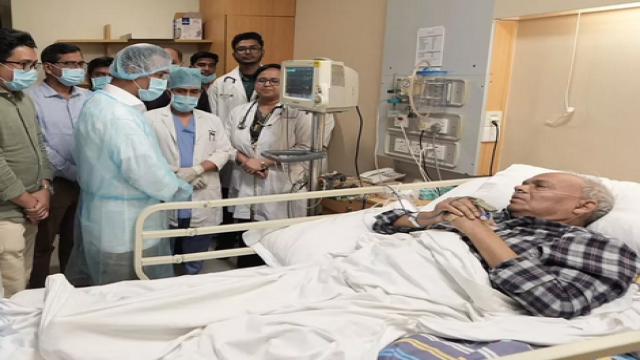
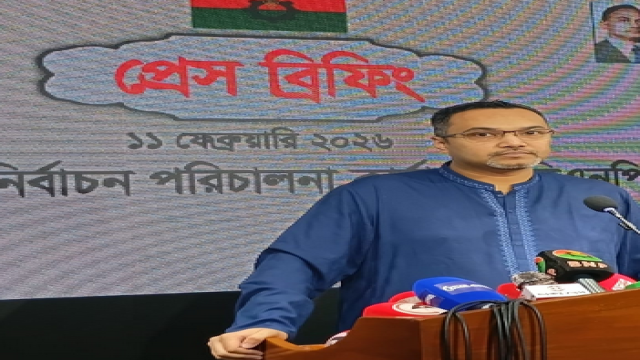
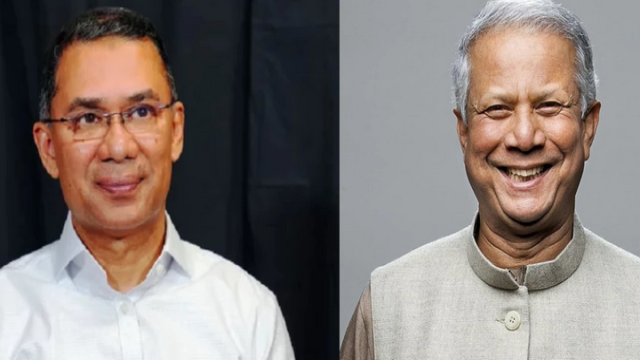
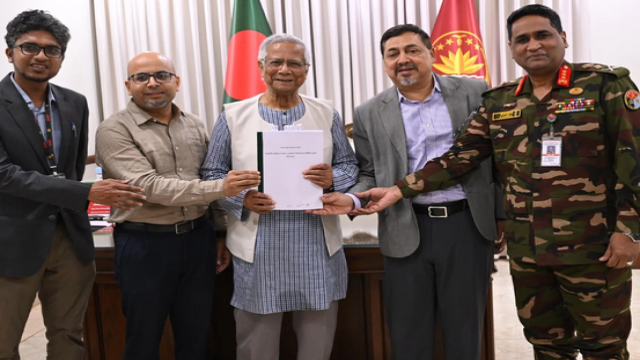
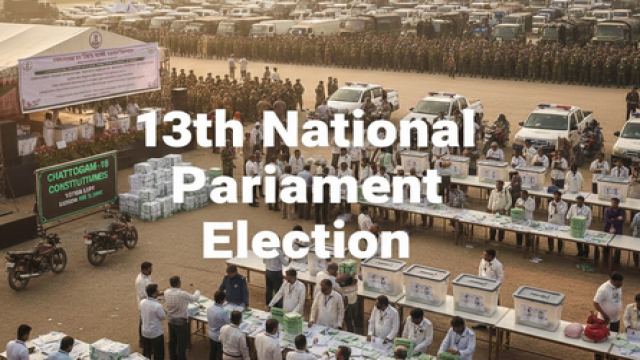
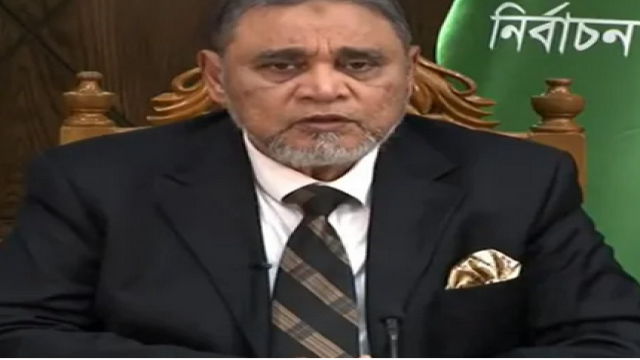











Comment: